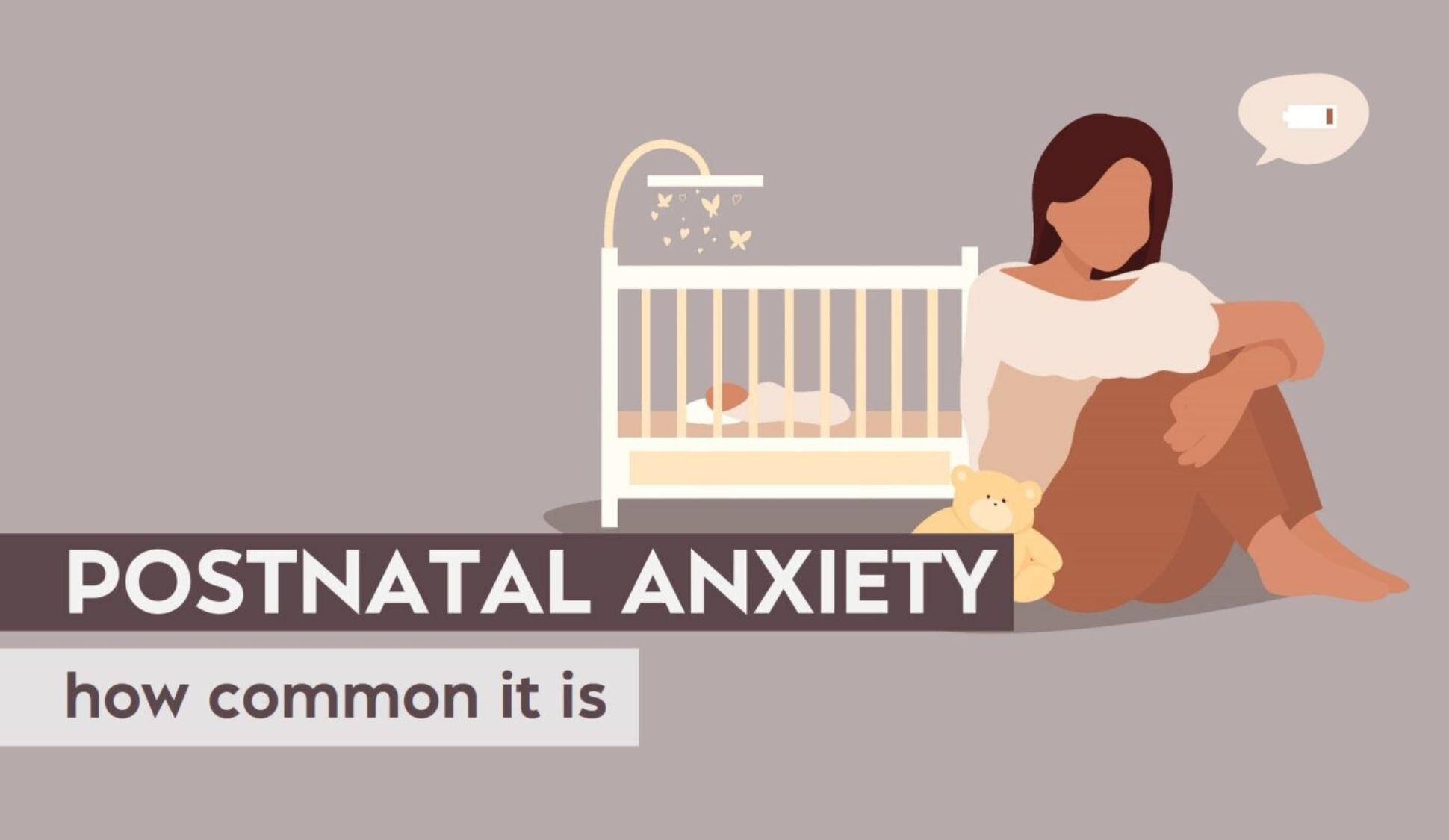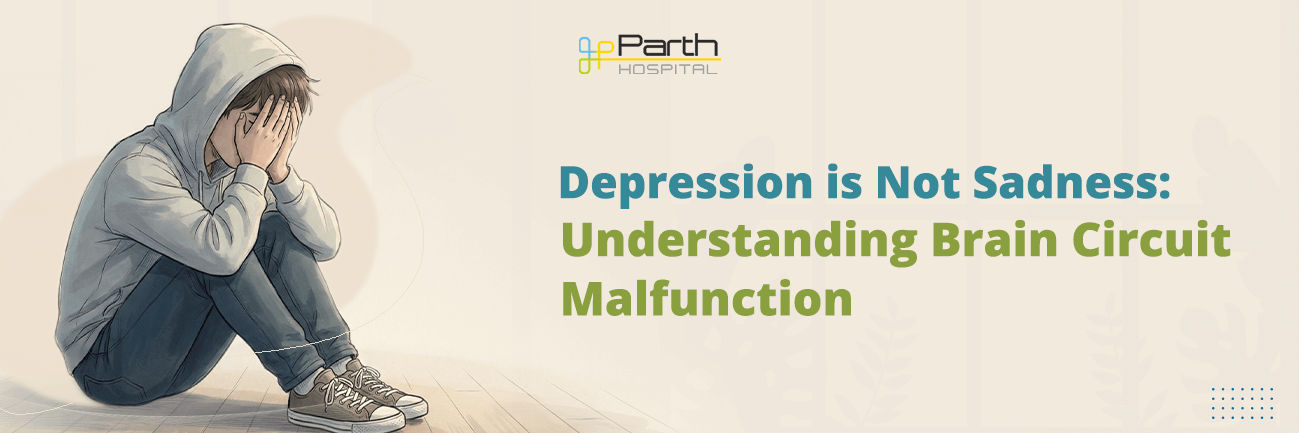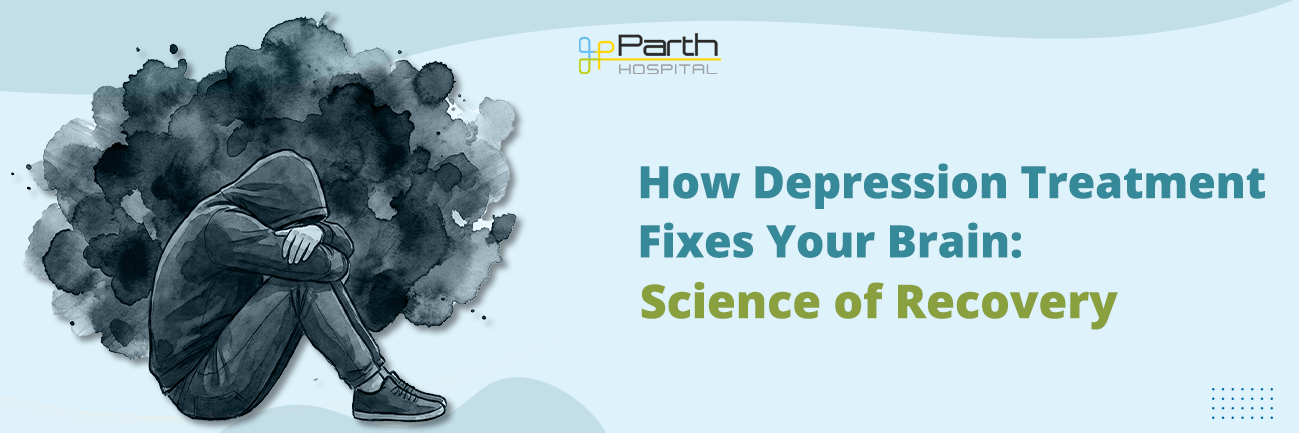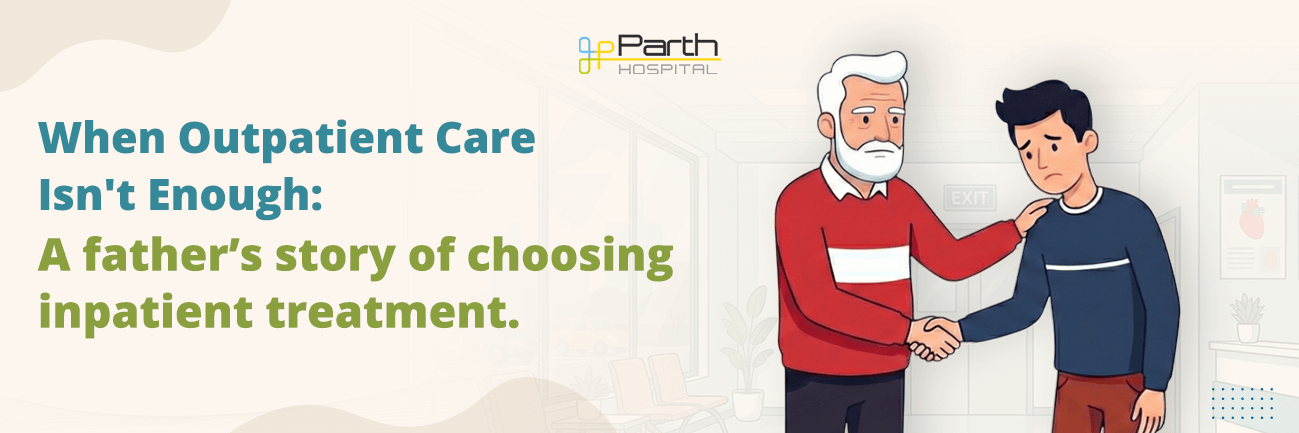What is Postnatal Anxiety?
Many people who have given birth will experience mild mood changes after having a baby. This is sometimes known as the ‘baby blues’ and usually only lasts for a few days.
Having anxious thoughts and worries now and again are natural, particularly in the early weeks after having a baby. For example, you may worry that something will happen to the baby or that you will do something wrong. However, these feelings tend to get less intense as you start to get used to taking care of a new born, usually after 2 or 3 months. Postnatal anxiety is different in that it tends to be more distressing and persistent (doesn’t go away).
Many new parents find it hard to talk about any negative feelings because they feel under pressure to be happy and think that everyone else is doing fine. But postnatal anxiety is a common mental health condition that needs treatment and non-judgemental emotional support. It’s important to talk to someone about how you feel.
Anxiety is a feeling of unease, worry or fear, that can be mild or severe. People with anxiety often (but not always) have thoughts and worries that things have or may go wrong in some way.
Everyone feels anxious sometimes, but some people find it hard to control their worries. Some people with anxiety also have panic attacks, which can be very frightening.
What are the symptoms?
- feeling sad, low in mood or tearful much of the time
- feeling agitated or irritable towards your partner, baby or other children
- loss of interest in the world around you and no longer enjoying things that used to give you pleasure (like you “cannot be bothered”)
- lack of energy and feeling tired all the time
- trouble sleeping at night – you may be awake even when your baby is sleeping
- feeling very sleepy during the day
- problems concentrating and making decisions
- loss of appetite or overeating (comfort eating)
- negative thoughts such as feeling you are not a good enough mother, you are unable to look after your baby or your baby does not love you
- feelings of guilt, hopelessness and self-blame
- feeling anxious that something bad may happen to your baby
- problems bonding with your baby, no sense of enjoyment in being with them
What causes postnatal anxiety?
Anybody can develop anxiety. But if you already have an anxiety disorder or you are someone who worries a lot, you may be more likely to develop anxiety in pregnancy and/or after the birth because this can be a particularly stressful time.
As new parents, you are likely trying to cope with things like:
- learning how to look after your new baby
- being responsible for your baby’s health and wellbeing
- a lack of sleep
- a changing relationship with your partner
- financial pressures
You might be dealing with particular stress such as an unwell child or other life events. This does not mean that your anxiety is not real or that support will not help.
You are also more likely to experience anxiety if you:
- are female
- have a family history of anxiety
- had problems in childhood, such as parental problems or bullying
- have experienced physical or emotional trauma or abuse
- have a long-term or painful condition
- have been under extra stress due to things like relationship problems, money worries or unemployment
- had a complicated pregnancy or birth
If you have lost a baby before, this can also increase your chances of developing postnatal anxiety and postnatal depression.
SEE ALSO: Perinatal Anxiety – Common But Not Frequently Treated
What is the difference between postnatal anxiety and postnatal depression?
Postnatal depression involves feeling constantly sad or low for more than 2 weeks. You might also find it hard to concentrate, lose interest in things you usually enjoy, or have feelings of guilt, hopelessness, self-blame and no confidence in yourself. If you have anxiety, you are more likely to have persistent and excessive worries and physical symptoms, such as an inability to relax or panic attacks.
What are the treatments for postpartum anxiety?
In general, postpartum anxiety is less studied than its cousin postpartum depression; however, it is estimated that at least one in five women has postpartum anxiety. medications are helpful and are more effective when combined with therapy. Selective serotonin reuptake inhibitors (SSRIs) are generally the first-line medications (and the best studied medication class) for anxiety disorders, whereas benzodiazepines are rapidly acting anti-anxiety medications that are often used while waiting for an SSRI to take effect.
What non-medication strategies are helpful in decreasing postpartum anxiety?
Cuddle your baby (a lot). This releases oxytocin, which can lower anxiety levels.
Try to maximize sleep. Although the baby may wake you every three hours (or 45 minutes) to feed, your partner should not. Aim for at least one uninterrupted four-hour stretch of sleep, and be mindful about caffeine intake.
Spend time with other mothers. Although you may feel like you don’t have the time, connecting with other mothers (even online) can do wonders in lowering your fears and validating your emotions. Chances are you are not the only one worrying up a storm.
Increase your physical activity. In spite of the physical toll that pregnancy, delivery, and milk production take on your body, physical activity is one of the most powerful anti-anxiety strategies. Activities that incorporate breathing exercises, such as yoga, may be particularly helpful.
Wean gradually. If you are breastfeeding and make the decision to wean, try to do so gently (when possible) to minimize sudden hormonal changes.
Ask for help. Caring for a baby often requires a village. If you are feeding the baby, ask someone else to help with household chores. There is an old saying “sleep when the baby sleeps.” You may prefer “do laundry when the baby does laundry.”







